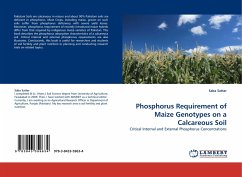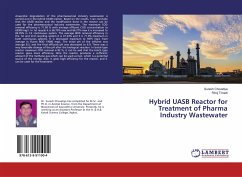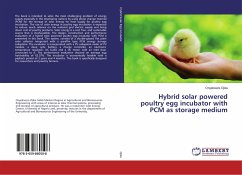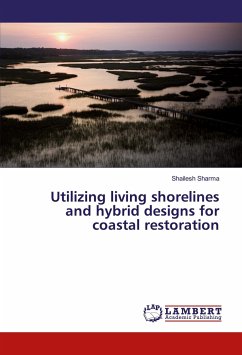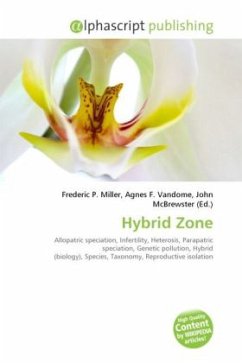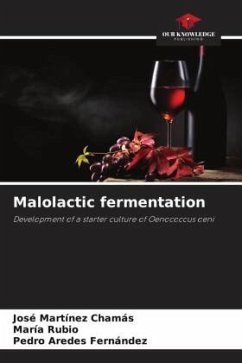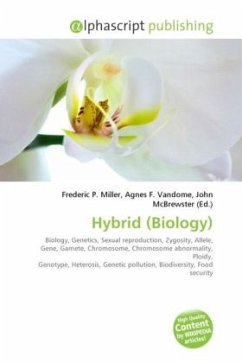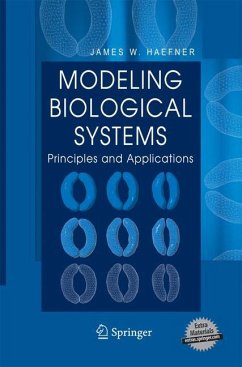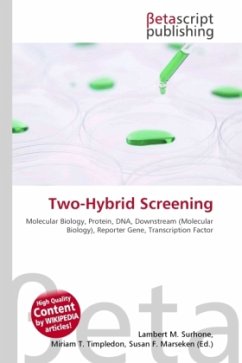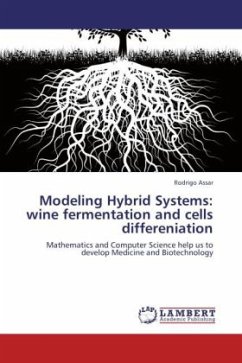
Modeling Hybrid Systems: wine fermentation and cells differeniation
Mathematics and Computer Science help us to develop Medicine and Biotechnology
Versandkostenfrei!
Versandfertig in 6-10 Tagen
32,99 €
inkl. MwSt.

PAYBACK Punkte
16 °P sammeln!
Biological functions are the result of the interaction of many processes that connect different hierarchy levels going from macroscopic to microscopic level. Each process works in different way, and it is common to observe that changes in the conditions, such as nutrients or environment, modify the behavior of the systems. To approach these elements we consider the Hybrid Systems theory, which is adapted to reuse and reconcile models a priori validated. The aim in wine fermentation control is to predict fermentation problems in time to save them. Several models have been built trying to descri...
Biological functions are the result of the interaction of many processes that connect different hierarchy levels going from macroscopic to microscopic level. Each process works in different way, and it is common to observe that changes in the conditions, such as nutrients or environment, modify the behavior of the systems. To approach these elements we consider the Hybrid Systems theory, which is adapted to reuse and reconcile models a priori validated. The aim in wine fermentation control is to predict fermentation problems in time to save them. Several models have been built trying to describe this process, but the models reach good predictions just when the process conditions are nearby to the tested ones. We defined a way to reconcile models within a hybrid model, deciding the equations depending on the system conditions. Understanding how cell fate decisions are taken, may allow controlling the cell commitment process. Being capable to modify the bone is a key element to treat disorders such as osteoporosis. We took a first step to test and analyze treatments of bone mass disorders in silico, currently we are improving our model to obtain more accurate predictions.



